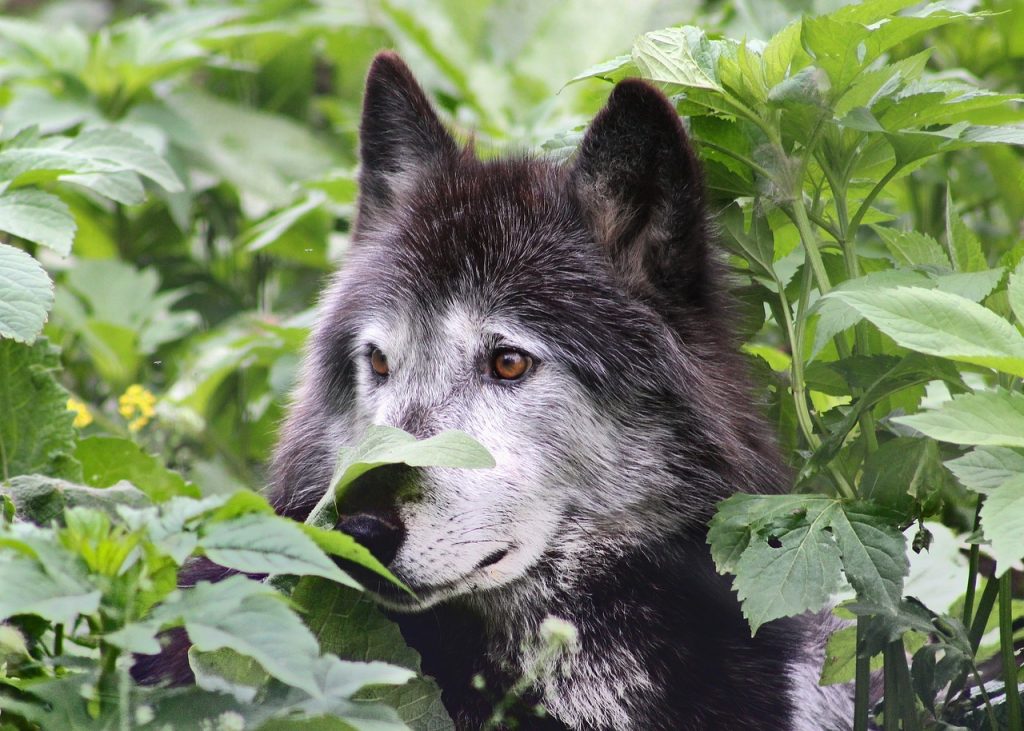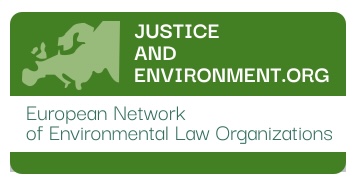

ECJ’s Advocate General Strengthens Nature Conservation
Austria Must Take the Protection of Endangered Species Seriously
On January 18, 2024, Advocate General Ćapeta published her conclusions on the questions referred by the Tyrolean Administrative Court (LVwG) regarding the wolf shootings that were authorized there. In her conclusions, which the ECJ usually follows in substance, she answers several questions on the application of the Habitats Directive that are highly relevant for nature conservation in Austria and the rest of the EU. In particular, she emphasizes Austria’s obligation, or more specifically that of the federal states, to take measures for the return of the wolf and to not authorize shootings lightly.
The first question of the LVwG Tyrol was whether the Habitats Directive, which provides for strict protection of the wolf, would disadvantage Austria in a non-objective manner, as other member states had been granted more lenient derogations for the shooting of the wolf in the course of their EU accession negotiations. Advocate General Ćapeta denies this and points out that no non-objective discrimination has been alleged or proven. She concluded that “Austria or part of its territory […] cannot be excluded from Annex IV of the Habitats Directive”. The ECJ is also not authorized to amend the directive and its annexes to change the protection status of the wolf.
The second question of the LVwG concerned the question of whether the strict protection of the wolf would also be necessary if its conservation status was poor in Austria but good in other states. This was denied by the Advocate General. Assessments must at least concern the national conservation status and evaluate it, a “healing” of the poor condition by other states is not permissible. The contrary view of national authorities “could lead to the masking of an unfavourable condition in a Member State and the false impression that the conservation of a species is secured”.
Third, the ECJ has to judge which “damages” are relevant when assessing whether there is serious damage to protected species. According to the Advocate General, this should include material damage that has already occurred, immediate damage whose occurrence has a very high probability, as well as possibly immaterial damage such as emotional or psychological damage. However, indirect, macroeconomic effects such as the alleged losses of the alpine farming industry as such should not be covered. “These concerns must be taken into account in the systemic measures and plans that Member States must adopt to comply with Article 12 of the Habitats Directive,” said the Advocate General.
Finally, the LVwG asked the question of whether and to what extent economic reasons are permissible for the assessment of permissible less severe measures. The conclusions of the advocate general point out that in any case a weighing of the individual case is necessary. In this context, “the economic costs must be placed in the context of the Member States’ obligations to introduce the measures and plans required for the strict protection of the wolf”. And further: “This was not the intention of Article 16(1) of the Habitats Directive. The envisaged derogations are exceptional measures and should not be used as an instrument to prevent the presence of wolves in certain areas. Living together with wolves requires certain adaptations and the associated costs must also be borne by livestock farmers in the Alps. These unavoidable costs must not be overlooked in the assessment of the proportionality of other measures.”
A judgment is expected in the coming 1-3 months, but the conclusions of the advocate general already contain important statements on nature conservation and Austria’s obligations. Strict protection rules must be observed, protected species such as the wolf, but also bears, lynxes or otters must not be released for shooting lightly.
Link to our thing: https://www.oekobuero.at/de/service/umweltrechts-blog/2024/01/eugh-tiroler-wolf-generalanw%C3%A4ltin-st%C3%A4rkt-artenschutz-den-r%C3%BCcken/

